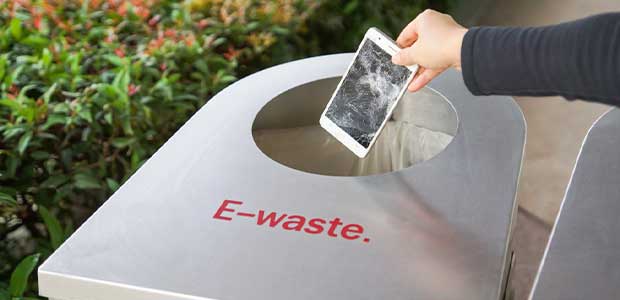
E-waste can lead to air and water pollution as well as soil contamination.

The EPA said that applications are now open. The agency expects to give out 198 grants.

Although the amount of waste on our planet is estimated to increase, there are steps we can take now to change that.

The funds will go to clean sites in 265 communities.

Waste production, especially plastic waste production is soaring high under the impact of the COVID-19 pandemic

The coronavirus pandemic has increased the need for PPE, which has the potential to become litter.
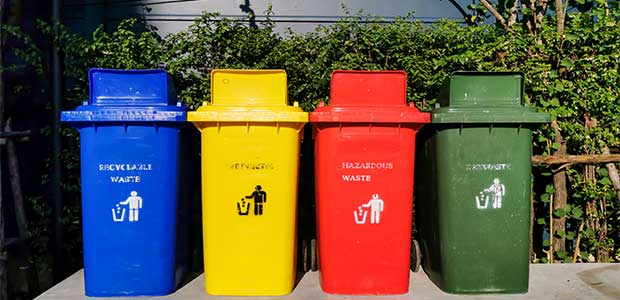
Choosing the correct container to properly store waste is important for both your business and the environment.
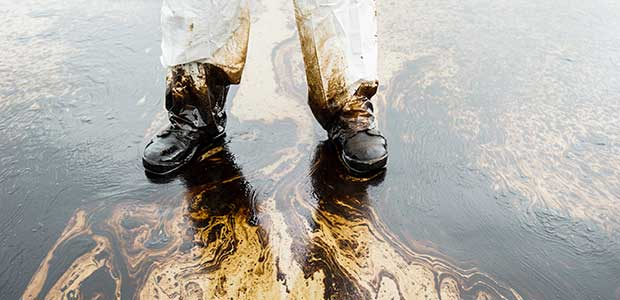
The oil industry is continuing to make a positive impact, ensuring events like the Deepwater Horizon oil spill never happen again.

The debris pile identified as Shingle Mountain has stood behind a Dallas neighborhood for two years.
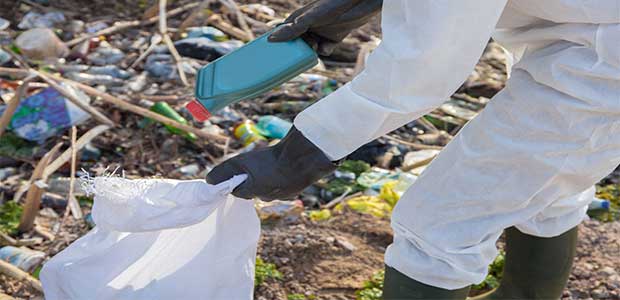
The Lemberger Landfill and the Lemberger Transport & Recycling Superfund site in Whitelaw, Wisconsin has undergone five cleanup reviews since 1995.

Making repairs, finding a reputable recycling company, donating older products and cutting down on purchases are just a few ways businesses can manage their e-waste problem.
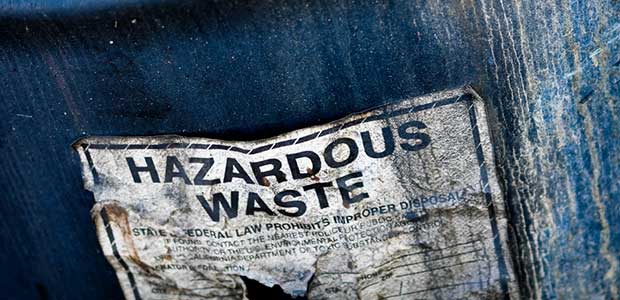
Keeping up with hazardous waste management regulations such as the RCRA may seem like a complex task.

Plastic Free July can be an effective way to start your sustainable journey. Follow these four steps.
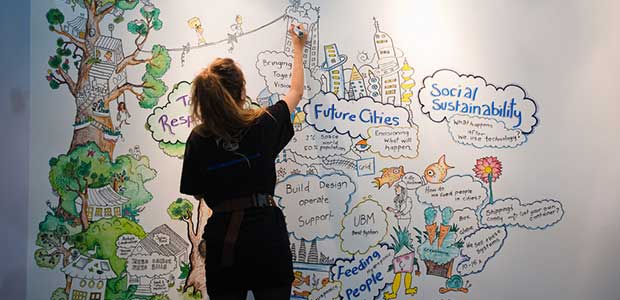
Businesses have a responsibility to consider to environment--for the sake of the earth and consumers. That responsibility does not disappear during a pandemic, as climate change, resource scarcity, and many other challenges do not shelter in place along with us.

For the New York Times’ last climate change event, The Greenhouse spoke with two chefs on how to utilize basic ingredients for sustainable cooking in individual and restaurant business settings alike.

The food supply chain is one area that will face many of the consequences of the coronavirus. However, opportunities arise from this situation as well.
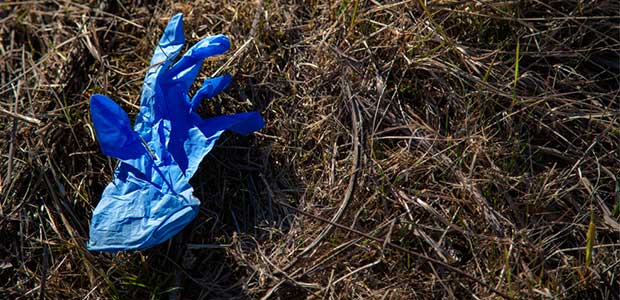
The outbreak of the coronavirus has meant littered medical supplies waste in parking lots, on sidewalks and most other public spaces. It is one of the many unintended byproducts of the pandemic.

In response to the coronavirus pandemic, the EPA drastically reduced pollution rules for power plants, factories and other facilities.

The state of New York is the third U.S. state to mandate that all businesses avoid single-use plastic bags in order to address “environmental blights.”
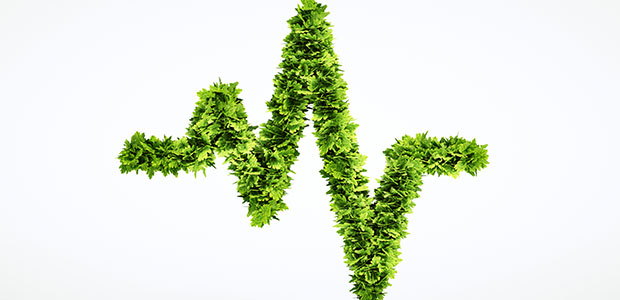
The medical industry doesn't have the best track record when it comes to environmentalism. However, some healthcare companies are changing that.